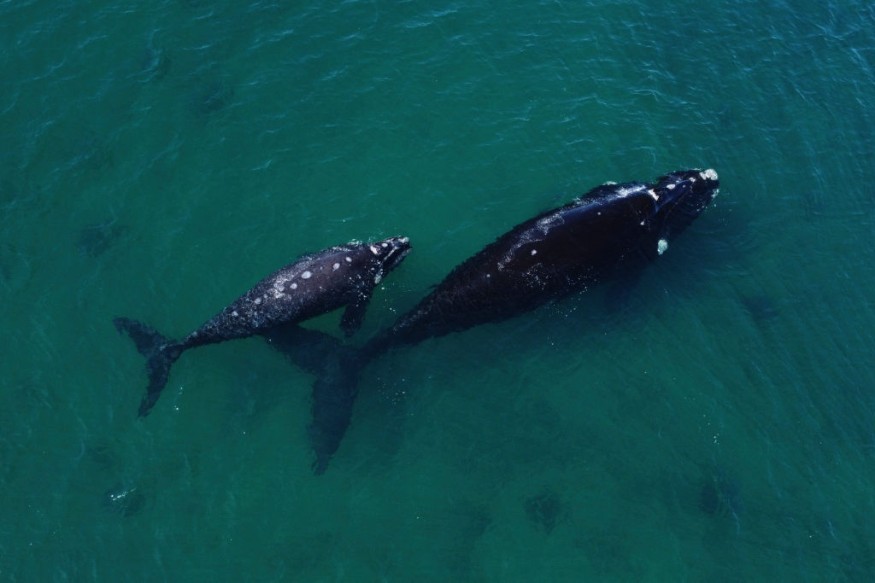The increasing whale deaths in the Northeast has alarmed experts. Whales have suffered from widespread plastic pollution, fishing gear entanglement, ship collisions and climate change.
NOAA Fisheries reported increasing humpback whale deaths from Maine to Florida since January 2016. There are at least 2018 whale strandings over the Atlantic coast.
Whales are essential to marine ecosystems and the world. They help mitigate climate change's effects and serve as bioindicators of a healthy ocean.
Protecting and monitoring the whale species are essential to save them from the possible brink of decline or extinction.
Fishing gear entanglement and vessel strike

The report also highlighted that the whale suffered 40% from human interaction, including fishing gear entanglement or vessel strikes.
According to the report, the uptick in whale deaths has been concerning, especially deaths were only 55 in 2007. In 2018, at least 80 whales died.
From 2016 to 2023, humpback whale strandings reached 43 in New York and 29 in New Jersey. Massachusetts also recorded 41 strandings.
Fishing gear entanglement could likely reach at least 300,000 deaths in whales and dolphins. The report said the entangled whale could suffer starvation, drowning, and infections.
Vessel collisions are also linked to the injuries and deaths of whales. Ships can harm their nursing area and habitats. Meanwhile, the noise pollution from ships could make it challenging for whales to communicate.
Plastic pollution impacts
The massive production of plastic and pollution can devastatingly impact the whale population. Whales can ingest the small plastics and microplastics.
The report said that blue whales could consume about 10 million plastic daily. Whales can also ingest the plastic eaten by their prey.
In February 2023, a whale was found dead in Hawaii. The region's high tide helped wash up the 120,000-pound dead whale.
When experts examined the whale, they discovered plastic materials inside its stomach. They found a fishing net, plastic and six hagfish traps.
Furthermore, the plastic could damage whales' body and digestive parts, making it difficult to consume food.
Water pollution also harms the population of whales due to possible toxic or hazardous materials they could consume.
As a result, plastic removal from the ocean is essential to prevent the possible impacts on whale populations and other marine animals.
Climate change impact on whales
Climate change also affects the whales, causing environmental changes in the ocean. For the Beluga whales, climate-induced warming of oceans could impact Beluga's whales migration.
NOAA reported that the Beluga whale could become trapped due to ice changes.
Meanwhile, the North Pacific Right Whale could also suffer from the decreasing zooplankton distribution due to climate change and ocean warming. Whales could likely suffer from a lack of nutrition.
Related Article : 14-Foot Long Whale with Shark Bites Found Dead on Florida Key's Waters
For more similar stories, don't forget to follow Nature News.
© 2026 NatureWorldNews.com All rights reserved. Do not reproduce without permission.





